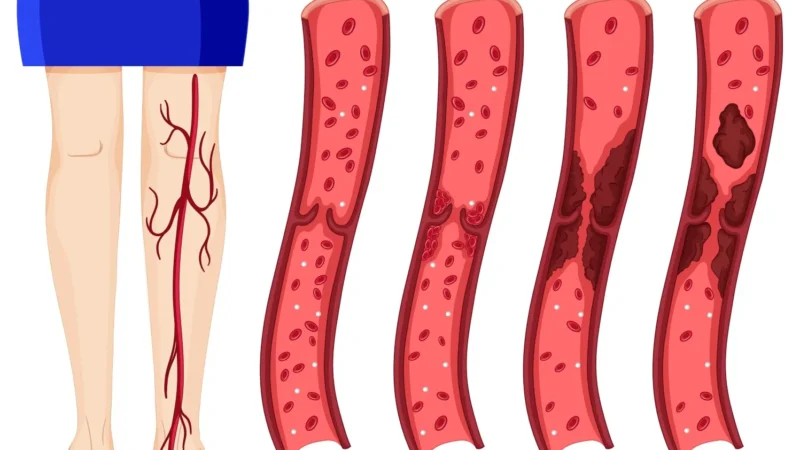3 Things You Need to Know About DNA Tests

Mutations and other forms of genetic variation are what genetic testing searches for. The medical treatment you or a loved one gets may be altered according to the results of DNA tests in Australia, which have various applications. For instance, genetic testing may reveal whether or not you are predisposed to developing cancer or whether or not you have Fragile X syndrome. Various diagnostic tests may be performed on a person’s genes. It just takes a few weeks to get the results of a genetic test that requires a blood or saliva sample. When a person in Australia is diagnosed with a genetic alteration, there is a good chance that other family members will also have that change.
There Are Good Reasons to Do Genetic Testing
- Foreknowledge of a hereditary disease’s presence before the onset of symptoms
- To determine the likelihood of a genetic issue affecting a current or future pregnancy.
- If you or your kid exhibit indications of a genetic disorder, you should be tested.
- To learn more about cancer and make educated decisions about treatment, prevention, or both.
Genealogical Analysis Methods
In Australia, various diagnostic tests may be performed on a person’s genes. Unfortunately, not all genetic disorders can be detected by a single test. The genetic testing process in Australia is tailored to each person’s unique medical and family history and the specific disease or disorder being diagnosed.
DNA analysis on a single gene. Changes in just one gene are analysed in a “single gene test.” If your doctor suspects that you or your kid have a particular illness or syndrome, they may order single gene testing. Duchene muscular dystrophy and sickle cell anaemia are two such instances. When a genetic mutation in a single family member has been identified, single gene testing is also performed.
To conduct tests using a panel. Panel genetic testing is used to detect mutations in several genes simultaneously. Medical problems are often used as criteria to classify genetic testing panels. In Australia, conditions including poor muscle tone, small height, and epilepsy are often tested for using genetic panels. Breast and colorectal (colon) cancer risk genes are two groups of genes that may be tested together in a single panel genetic test.
Comprehensive genomic or genetic screening. The two types of general genetic studies are as follows.
- All genes in the DNA (total exome) or those associated with diseases are analysed by exome sequencing (clinical exome).
- Genome sequencing examines all of a person’s DNA rather than just their genes, making it the most comprehensive genetic test.
You may ensure that you are the correct family member to undergo a genetic test and that you get the proper DNA tests in Australia.
Varieties of Test Outcomes in Genetic Analysis
- Results confirmed the presence of a genetic variant associated with the condition.
- The test results were negative, meaning no pathogenic genetic variants were discovered. There may not be a genetic reason for the patient’s symptoms, or the erroneous test may have been requested. It is considered a “true negative” when a person is tested for a genetic alteration, and the results show that they do not have that change. A negative test result may not provide reassurance if your family has no known genetic alteration. This is because it’s possible you haven’t been checked for the hereditary defect.
- There isn’t enough data to say if a particular genetic variation is safe (benign) or harmful (pathogenic); hence, its significance is unclear (disease-causing).






